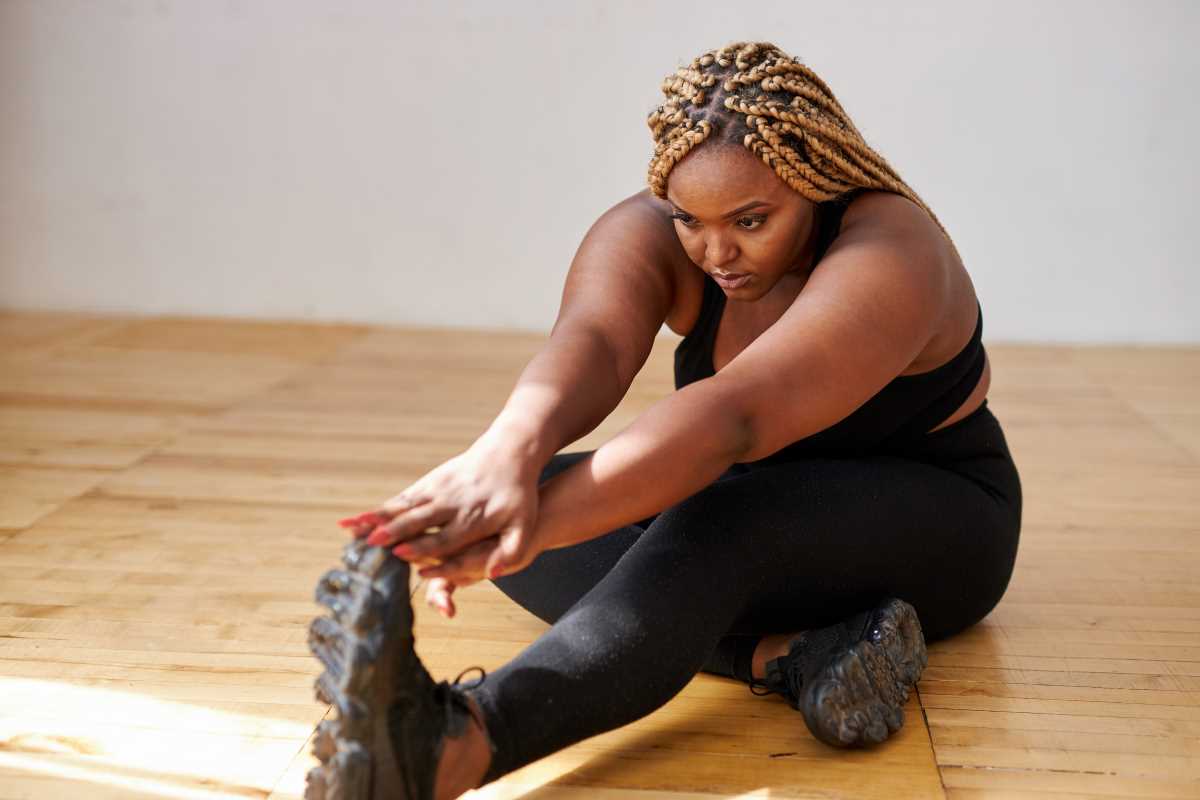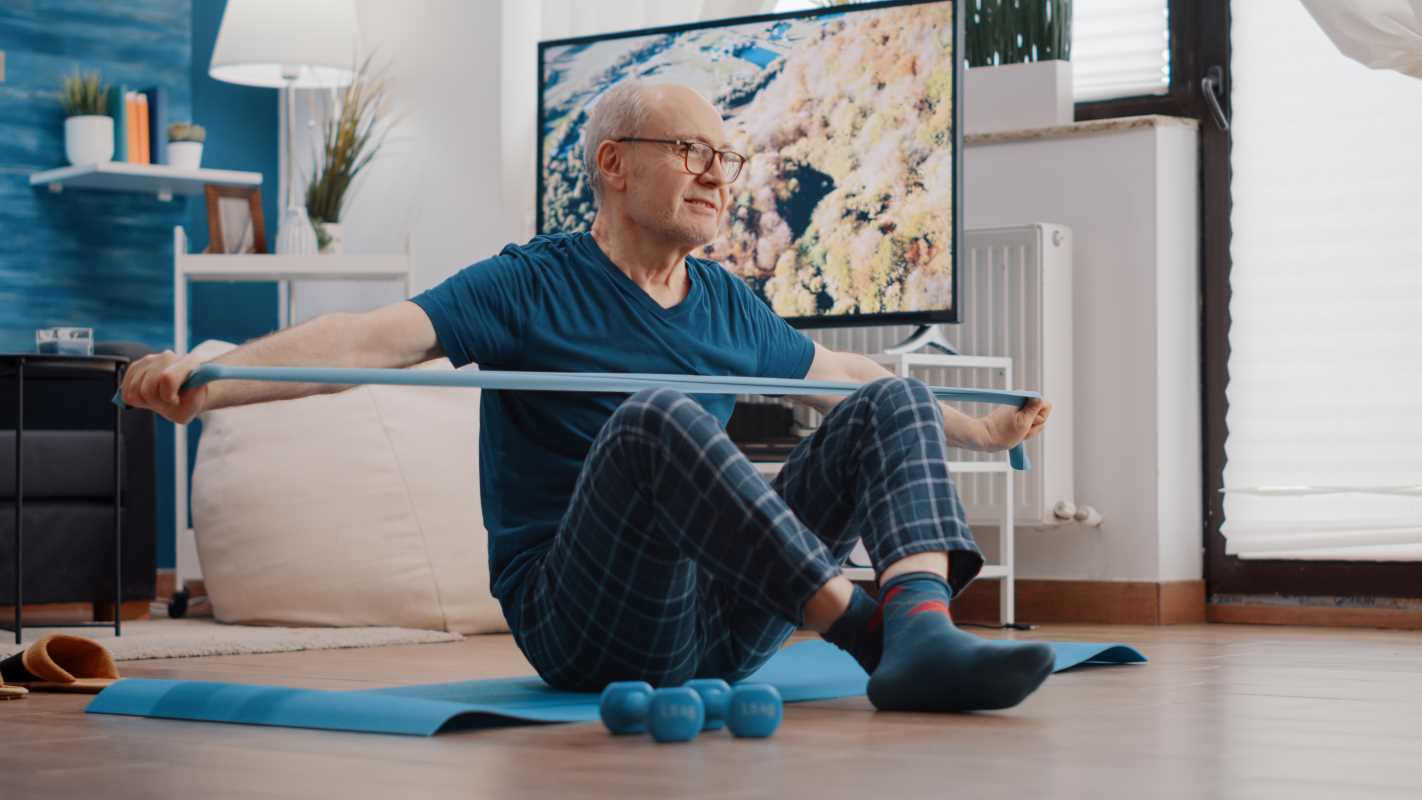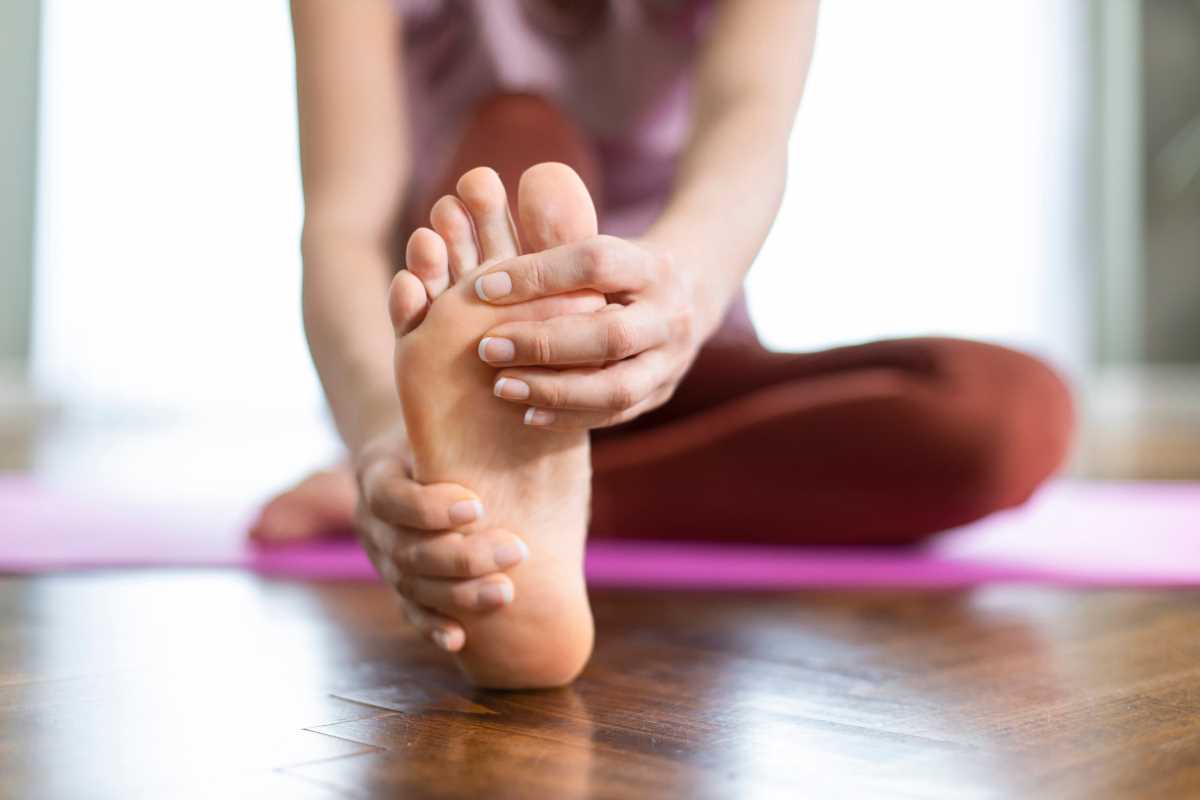Managing obesity as a teen can be hard, but the right fitness program can make a big difference. Structured programs provide more than just exercise routines. They create fun, supportive environments that create healthy, lifelong habits. Teens who join these programs often gain confidence, improve their fitness, and learn how to set and achieve realistic goals. They can be attended in group settings, virtual platforms, or one-on-one sessions. Various programs are tailored to meet the needs of teens facing unique challenges. We're highlighting fitness opportunities designed specifically for teenagers managing obesity, focusing on the activities and benefits of each option. With the support of these programs, healthier lifestyles become achievable and enjoyable.
1. The YMCA Healthy Weight and Your Child Program (HWYC)
This family-based program helps teens develop healthier habits by focusing on physical activity, nutrition education, and emotional well-being.
- Activities Included: Cardiovascular exercises, light strength training, and family fitness challenges.
- How It Helps: The program integrates the whole family into the fitness routine, creating a support system at home. Teens gain tools to set goals, track improvement, and learn about balanced nutrition.
- Why It Works: Teens benefit from the combination of hands-on activities and emotional support covering self-esteem and stress management.
The comprehensive approach helps teens feel supported and stay motivated on their journeys to better health.
2. Junior Programs at Orangetheory Fitness
Orangetheory Fitness adapts its heart rate-based interval training to accommodate younger participants through its junior programs.
- Activities Included: Rotational circuits using rowing machines, treadmill walking, and resistance workouts with professional supervision.
- How It Helps: By using technology to track heart rate zones, teens stay within safe exercise limits and optimize calorie burning. The structure encourages steady progress without overwhelming beginners.
- Why It Works: The combination of data-driven outcomes and supportive coaching gives teens measurable results, boosting confidence.
Teens find motivation in being able to see their achievements in real-time, which keeps them invested in making improvements.
3. Zumba for Teens
Zumba classes for teens combine cardio fitness with dance routines set to upbeat music, making exercise fun and engaging.
- Activities Included: Dance-based workouts involving moves from salsa, hip-hop, and more. Class formats are designed to accommodate all skill levels.
- How It Helps: Teens enjoy the blend of music and movement, which reduces the mental resistance that often comes with traditional exercise routines.
- Why It Works: Classes are social environments where teens can connect with peers, boosting mood and motivation.
Zumba’s fun approach allows teens to focus on movement and self-expression instead of counting calories or steps.
4. Teen Programs at CrossFit
CrossFit affiliates often offer scaled-down versions of their workouts tailored specifically for teenage participants, emphasizing functional fitness.
- Activities Included: Bodyweight exercises, light weightlifting, group challenges, and mobility training.
- How It Helps: Workouts teach teens proper form and functional movements that translate into stronger, healthier bodies. Classes balance challenging activities with achievable goals.
- Why It Works: Teens learn the importance of resilience and teamwork and build muscle strength gradually.
Participants grow stronger and more confident with each session, which sets them up for healthier lifestyles beyond the gym.
5. Sports-Based Activities from i9 Sports
i9 Sports provides leagues and recreational programs where teens can participate in various sports activities designed for fun and skill development.
- Activities Included: Soccer, basketball, flag football, and other athletic games adjusted for all skill levels.
- How It Helps: Teens stay active and learn teamwork and discipline. Sideline education addresses topics like nutrition and injury prevention.
- Why It Works: The focus on enjoyment rather than competition reduces the fear of failure.
Participating in sports builds camaraderie and allows teens to associate exercise with positive, enjoyable experiences.
6. Online Fitness Apps for Teens
Fitness apps designed for youth make programming more accessible for those who prefer working out at home. Nike Training Club and similar platforms feature routines aimed at teens managing weight.
- Activities Included: Guided workout videos, virtual training challenges, and progress tracking features.
- How It Helps: Teens can follow along with personalized programs that adjust as their fitness improves. The convenience helps adherence, even on busy days.
- Why It Works: Digital tools provide flexibility, which removes barriers like travel time or gym access.
Apps connect technology and fitness, allowing teens to manage their activity independently at their own pace.
7. Yoga for Teens Programs
Yoga centers often host teen-specific classes that focus on flexibility and low-impact activity.
- Activities Included: Basic poses, gentle stretches, and breathing exercises to reduce stress.
- How It Helps: Yoga teaches teens how to connect physical activity with mental relaxation, supporting both emotional and physical health.
- Why It Works: The low-pressure environment of yoga instills confidence without the intimidation of more intense workouts.
Yoga encourages a balanced approach to health that helps teens stay consistent with fitness and maintain a positive mind.
8. Weight Loss Camps for Teens
Structured wellness camps like Camp Pocono Trails focus on education, fitness, and habit-building in immersive environments.
- Activities Included: Daily fitness sessions, nutrition classes, and team-building challenges.
- How It Helps: Teens develop a deeper understanding of their health through hands-on education and individualized guidance.
- Why It Works: Immersive programs provide round-the-clock support, which helps reinforce positive habits.
Weight loss camps create a transformative environment that positively impacts health and well-being.
9. Cardiovascular Fitness Programs by Hospitals
Hospitals often design clinical fitness centers or classes aimed at teens needing medical supervision for weight management.
- Activities Included: Treadmill walking, light cycling, and other doctor-approved aerobic activities.
- How It Helps: Clinical settings mean weight is lost safely, and program customization for teens with additional health concerns.
- Why It Works: Access to professional staff guarantees that physical limitations or medical considerations are properly addressed.
Hospital-based programs offer both accountability and personalized care, making fitness accessible to teens managing obesity.
 (Image via
(Image via





